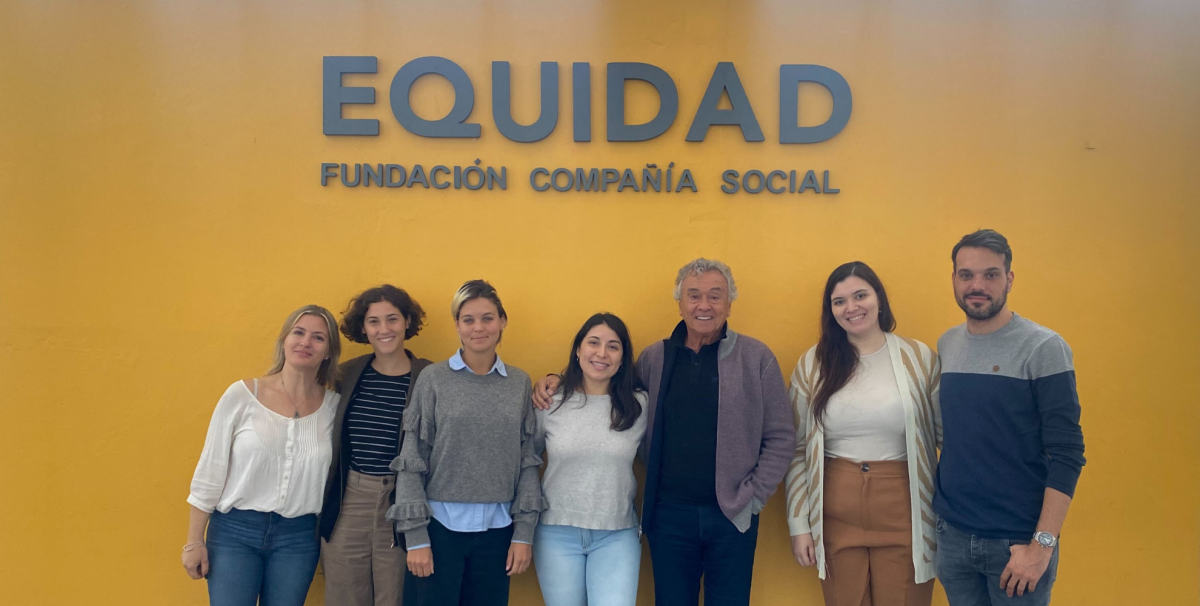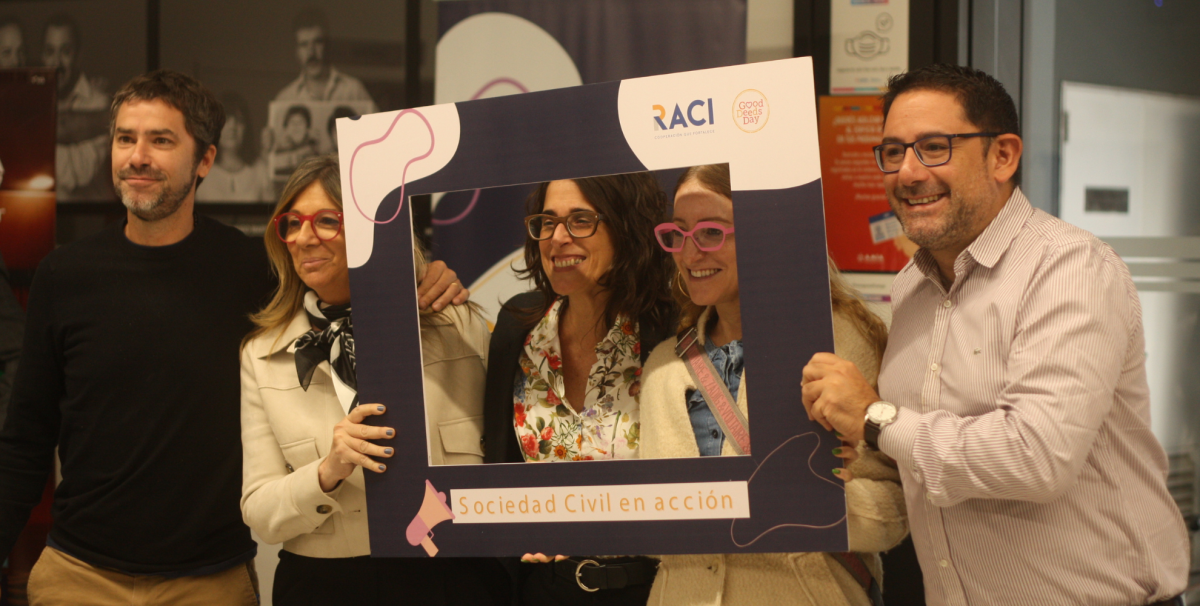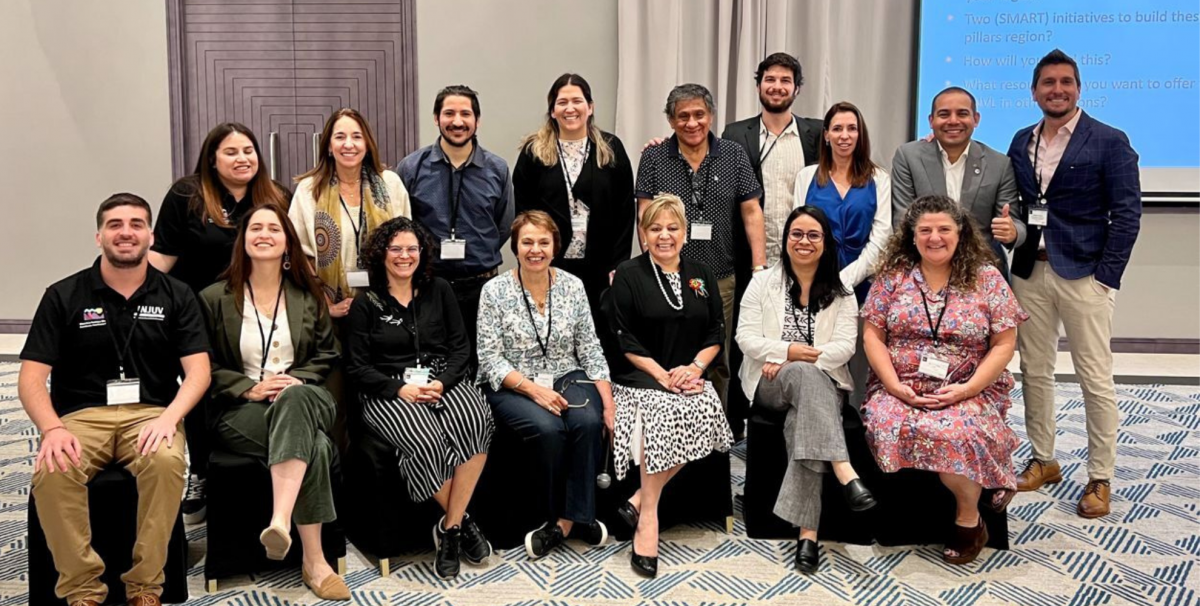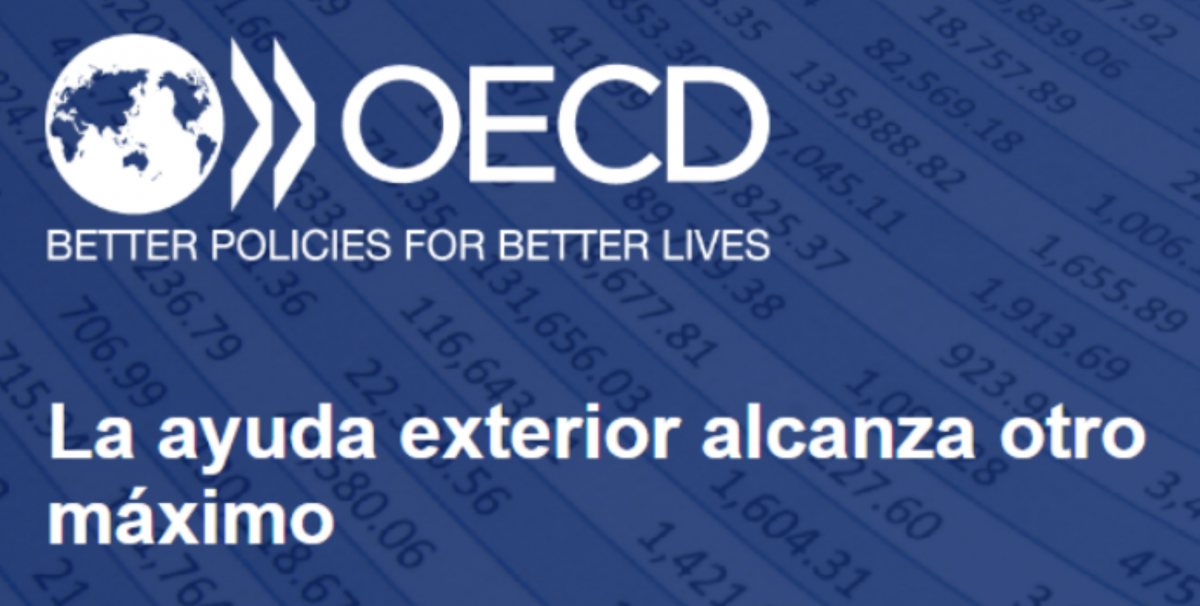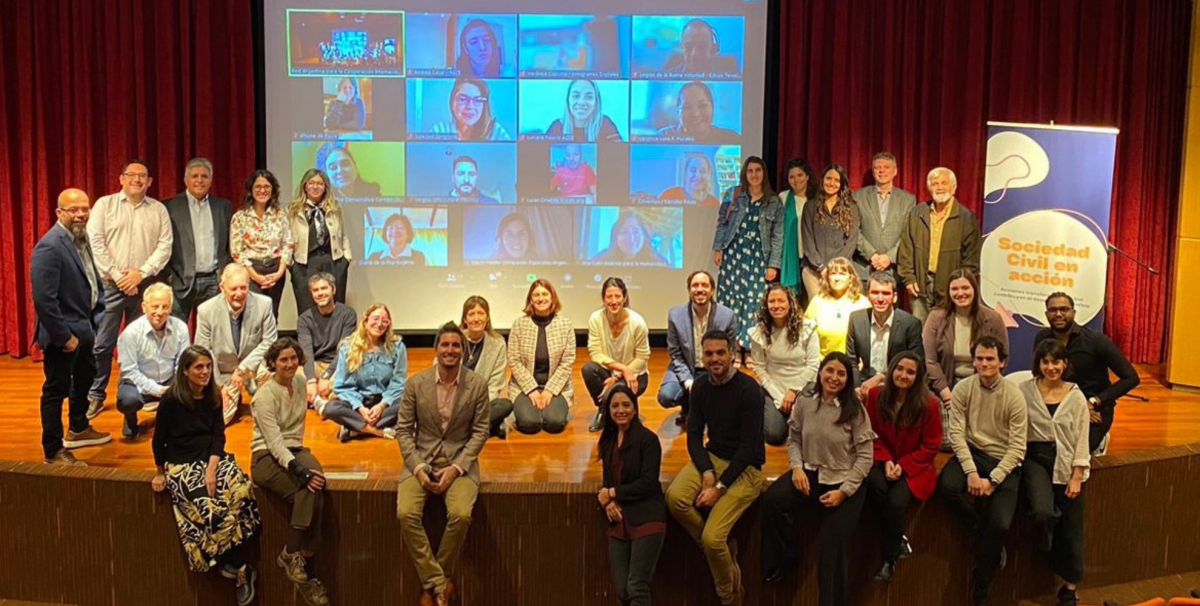We would like to share very exciting news: our Executive Director, Guillermo Correa, is now part of the IAVE Board as a regional representative for Latin America.
Founded in 1970, IAVE is the International Association for Volunteer Effort. It exists to promote, strengthen and celebrate volunteering in the myriad ways it happens worldwide. It is a global network of NGOs, companies, national volunteer centers and grassroots volunteer leaders, with members in 70 countries in all world regions.
To deepen the work carried out by IAVE, we interviewed Nichole Cirillo, Executive Director of the Association, who shared her knowledge with us and answered all our questions.
What is IAVE, and what does it do?
IAVE is a global organization, we have been in business for over 50 years, and our mission is really to promote and build volunteer leadership and enabling environments so that volunteering can create a more just and sustainable world.
It is a mission that, like any organization, has changed in the last 50 years, but we feel truly compelled and dedicated to it at this particular time when there are so many global emergencies. We believe in the power of volunteering to help solve them.
So our particular model is working with leaders, whether they’re corporate leaders as part of our Global Corporate Volunteer Council or with civil society organizations.
Regarding the context in which it was founded and the changes they have gone through over the years, Nichole told us that:
The association was founded in the United States by a group of dedicated volunteers who thought it was valuable to create this space for global practitioners and volunteers to come and talk about the challenges ahead. From there, something called the world volunteer conference started. It is something that happens to this day every two years and still has the same spirit of uniting people from all over the world. When you meet with us, volunteers meet as friends where together they can discuss and try to resolve global political issues and the urgency they understand.
So the organization has evolved in many ways since then, and we still do that conference. But again, we focus on leadership development, building the capacity of leaders. We also focus on advocacy and raising our voices so that volunteering can be practiced everywhere and is valued and recognized. Then we also focus on what we call knowledge creation, where we create and collect ideas that demonstrate the impact that volunteering generates and the value of volunteering.
What are the latest trends in volunteering? How is the volunteer landscape perceived today?
We did a study in 2021 that looked at our global network of volunteer leaders around the world, around 120 of whom RACI is a member, and we asked this question:
What was it like for you to practice what you do during Covid-19?
At the same time, UN Volunteers released its 2022 State of Global Volunteering report and another global organization had a similar report. So we put these three reports together to see what was happening globally around volunteering and what the trends were. One was this focus on inclusion: everywhere, people had started to really look at who was left behind when we traditionally talked about volunteering, what types of people have barriers to participation, including young people in some cases or older people during the Covid who were prevented from volunteering
We took a look at that, and globally, people looked at it and decided now was the time to understand who is often left out and create spaces for them to continue.
Another significant finding was the notion that there are large organizations that often send volunteers to developing countries. Usually, the way it works is that people from the global north country, USA. The US, Canada, or Europe go to underdeveloped countries to be “the experts,” I think this was questioned because, during Covid, these people were prevented from entering the countries for protection reasons.
This global recognition and understanding that volunteer experts always came from the global North and people who needed help from the global South have changed. International volunteering is essential, but what is also very important is building the volunteer structures that already exist in those countries.
How else do you think volunteer work can be encouraged?
I would say there are many ways to do it; look at the programs and find out how the barriers can be lowered. If all the shows are on weekends, that won’t work, or if they’re all during business hours, either. You should ask yourself for whom this would be difficult and try to remove as many of those barriers as possible. The notion that volunteering has to be this kind of regular commitment is something we’re trying to change.
There’s micro-volunteering, as some people call it, or episodic volunteering, people who won’t sign up to volunteer for the next year because they just want to help with a problem, and today they have two hours to do it. They may never come back, but they’re still volunteers. Making space for that kind of volunteering is very important, and you have to change the systems to be able to do it.
But it is also necessary to make room for the opposite—people of all levels who might want to see volunteering as a pathway to employability or greater employability. We are constantly working on something that connects employability or volunteering with employability skills.
How important are the networks in the association? How do you work with them? What results do you see in terms of volunteer interest?
I am a big believer in networks and networking. There is a theory called Metcalfe’s Law that was developed around the internet and in the early days of the internet when things were just getting started. The problem was that the more people used a network effectively, the stronger that network became.
So that principle is something that I’ve tried to present at IAVE, a formulation of this Global Network for volunteer leaders. Networks are vital; there are several outstanding studies on the importance of networks for resilience and community resilience. Some studies looked at emergencies and weather events that occurred and found that people and communities did better in the face of these tragedies.
There are no doubts about the data on the value of networks. That is everywhere. It’s how it’s built and how it looks that’s important, and for IAVE that has primarily meant something that’s co-engineered.
It’s very reciprocal, so it’s not just what we get; it’s what we give and receive, so sometimes the members of the network will be the mentors, other times they’ll be the mentees, they’ll be taking the training, or even teaching you how to do it. train. It’s this notion that as a network, I get things, but I’m also responsible for giving things.
And I think the third thing to me that’s really important about a network is that it harmonizes work and sets standards. What this needs to look like globally so everyone can see it. I understand what great volunteering is, so I think all those are really important components.
From RACI, we also encourage and work with volunteers, and many of them have shown us their dedication to work, and today they are part of our formal team.
Find more information here.


